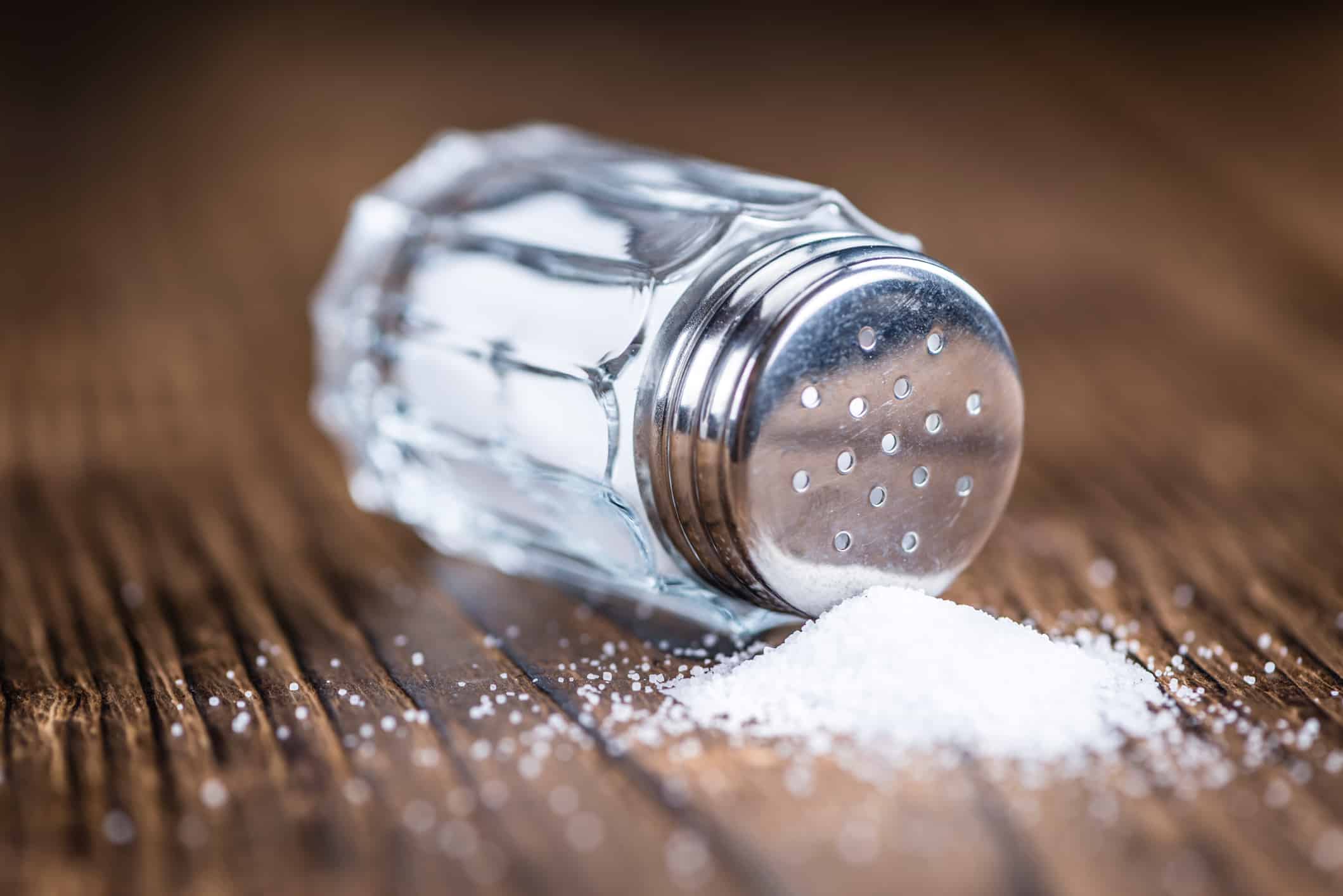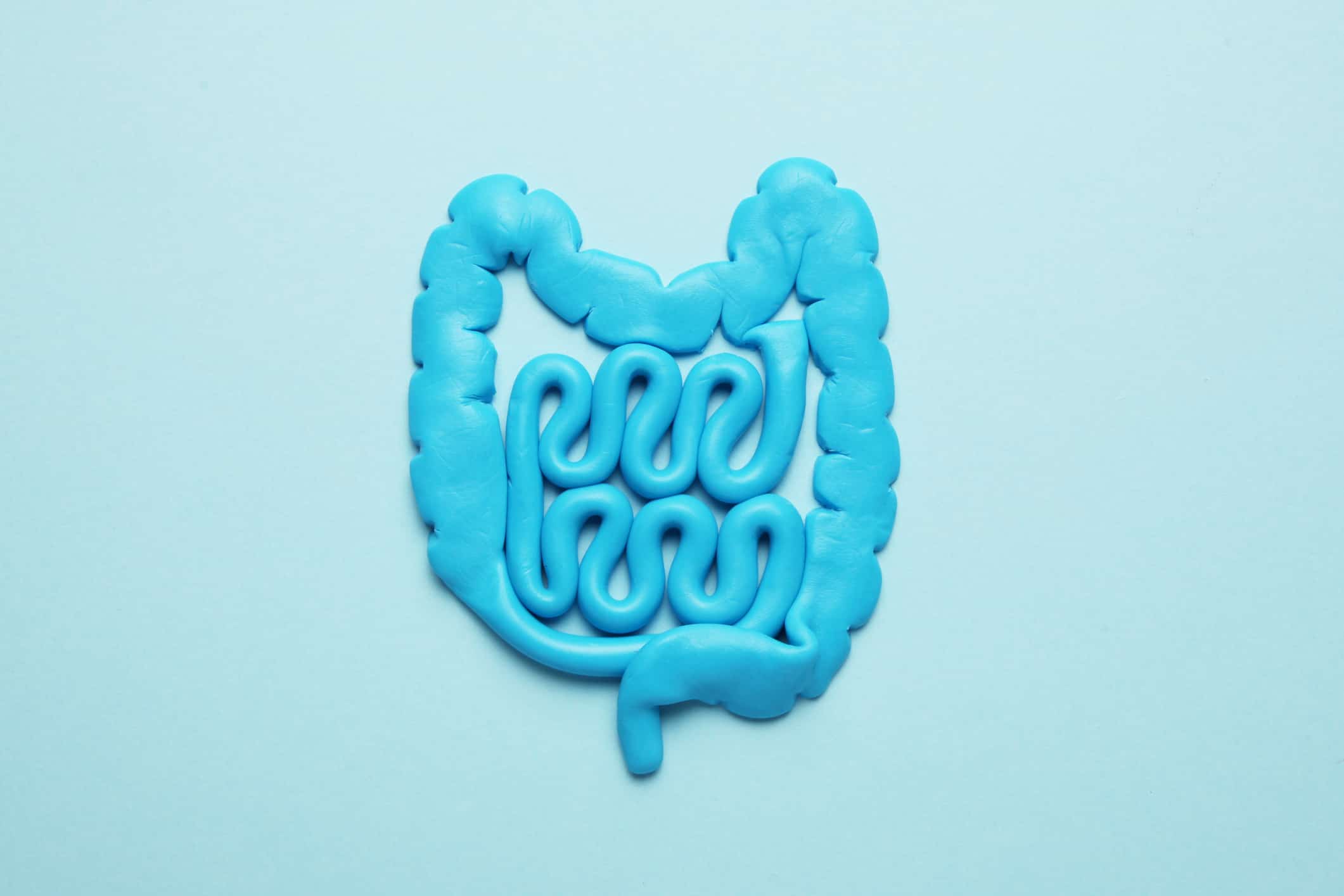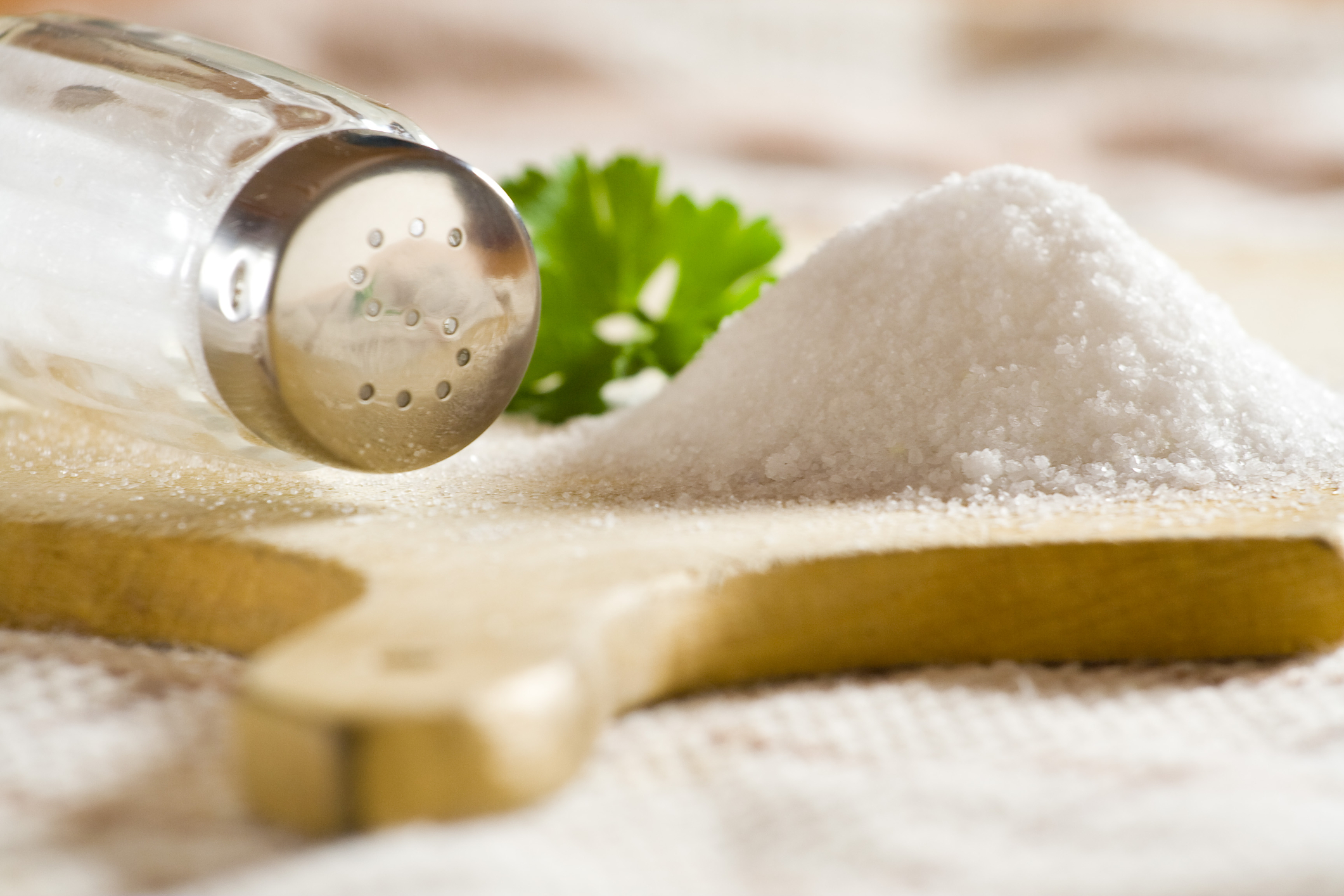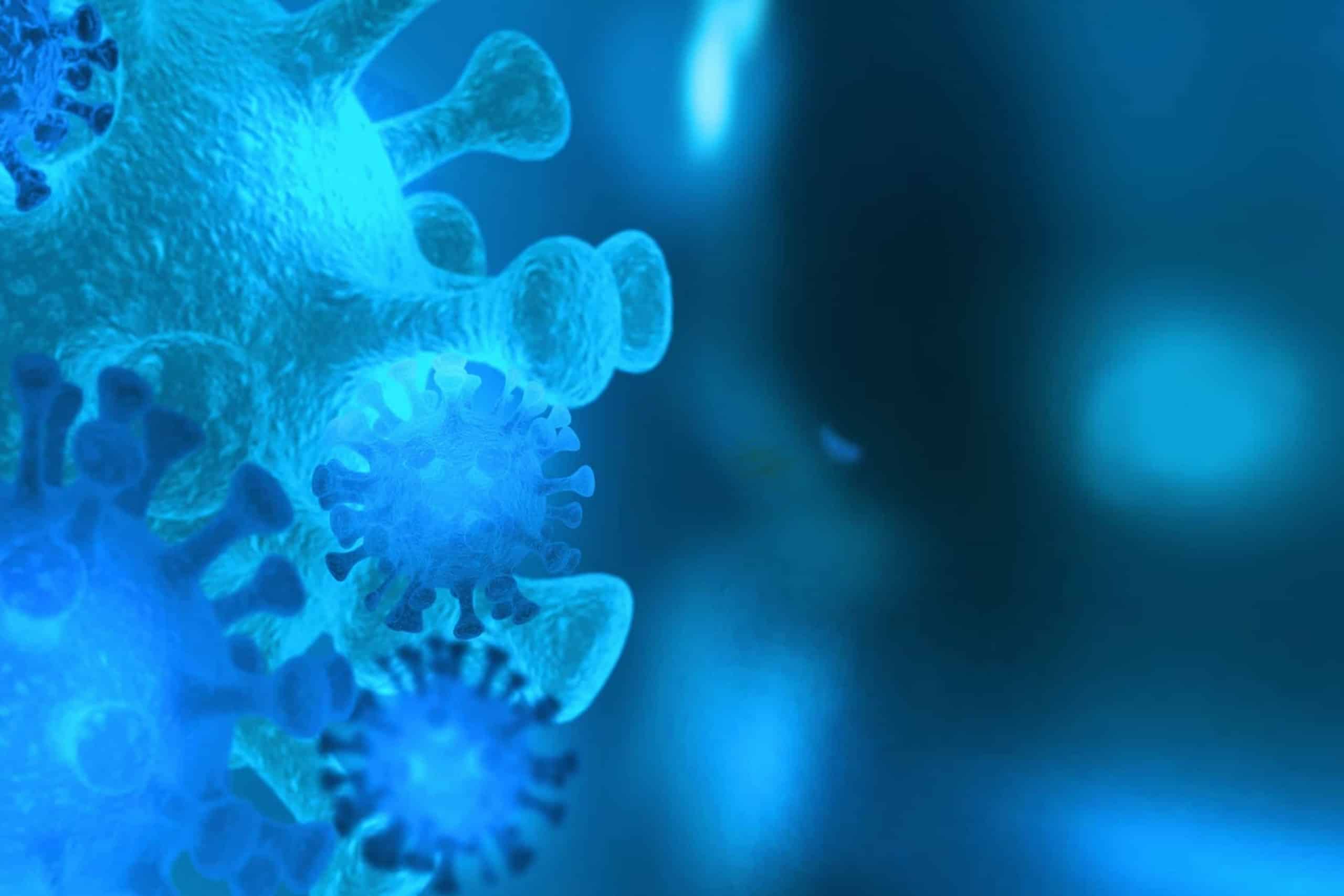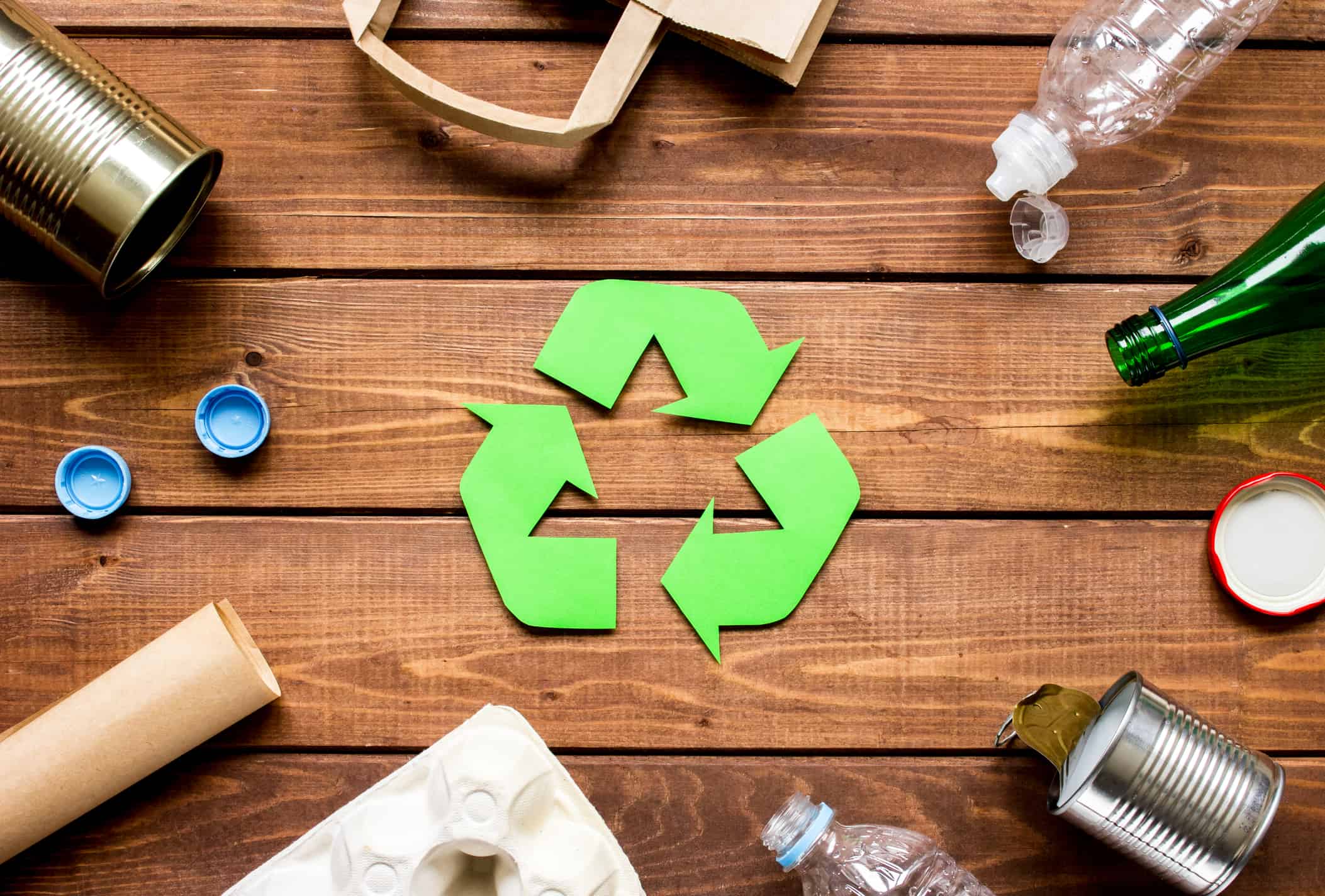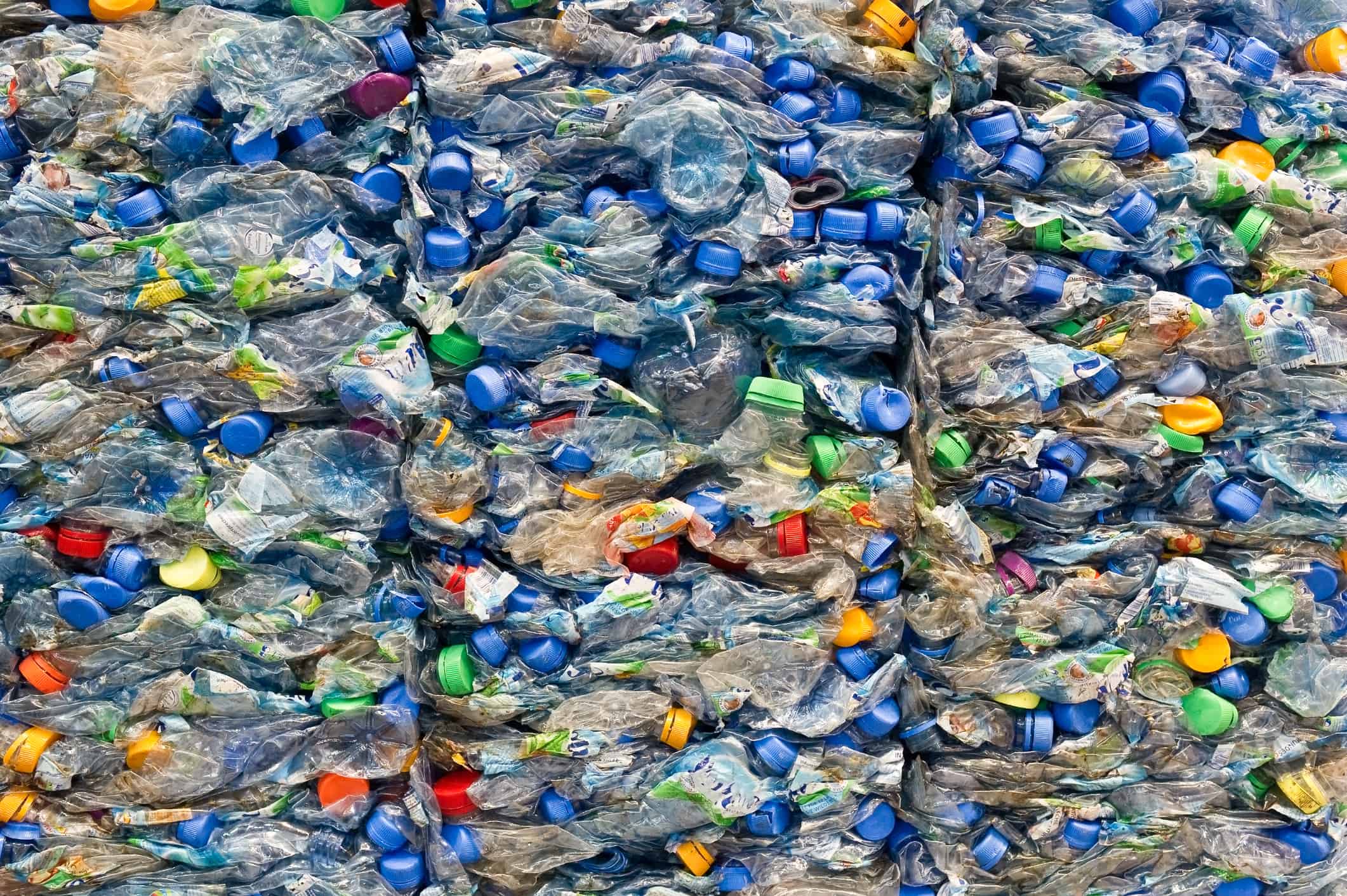Sodium Reduction Across the Food Service Sector
Most North Americans have dietary sodium intakes that approach or exceed recommended limits, which is potentially a risk factor for hypertension and cardiovascular disease.
New Cadmium Review Of Spinach, Rice And Other Foods
New Cadmium research aids the FDA Action Plan aimed at reducing heavy metals in foods by estimating the American population’s Cadmium exposures in food.
Coordinating Nutrition And Gut Microbiome Research
The microbial cells colonizing the human gut form an ecosystem that is integral to the regulation and maintenance of human health.
Focus Groups Provide Insight into Food Sector’s Sodium Reduction Efforts
This most recent paper is one in a series on sodium reduction that IAFNS has supported, in addition to a key database of scientific articles on reduction strategies.
Firms Can Now Add Live Microbes to USDA’s Branded Food Products Database
The partners for the USDA Global Branded Food Products Database have made it possible for food manufacturers to contribute information on live dietary microbes to the Database
An Exploration of Policies to Promote Recycling
A recent study by EPA found that only about 9% of municipal solid-waste plastic was recycled while a staggering 76% was sent to landfills in the USA.
Student Training Videos on Research Ethics and Integrity in Food and Nutrition Research
As human health research is often under a microscope, maintaining standards of ethical research conduct preserves public confidence in food safety and nutrition science.
Cheap, Abundant Recycled Plastics Show Promise for Food Packaging
New research on the growing uses of recycled polypropylene in plastic food packaging finds that it performs well and has the potential to meet environmental and cost-savings goals.
[Spotlights from 2024 | Spotlights from 2023 | Spotlights from 2022 | Spotlights from 2021]

